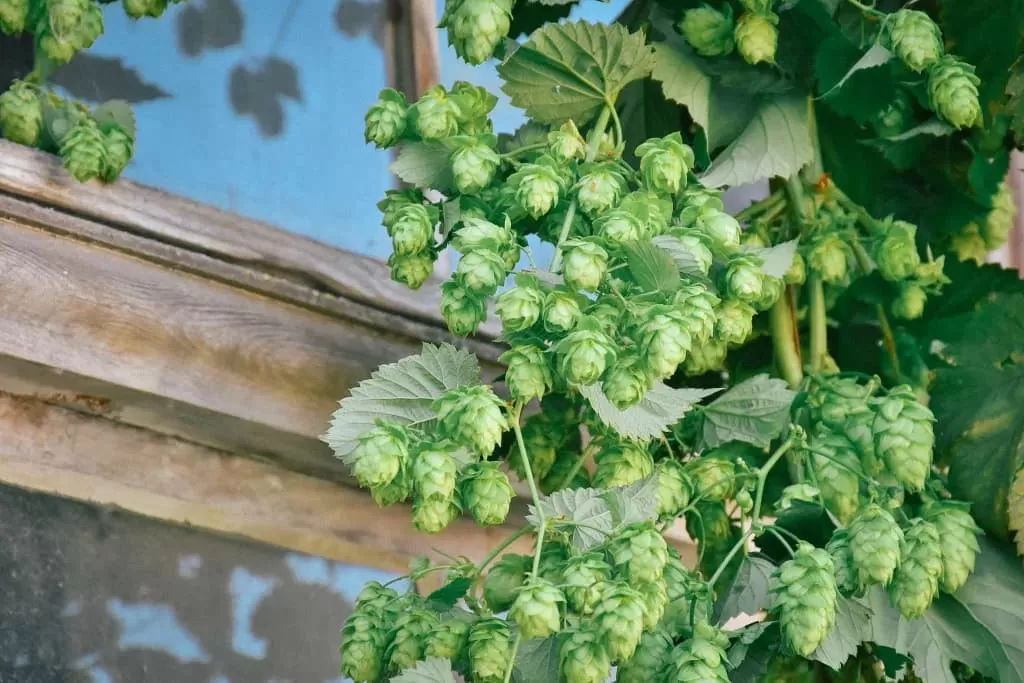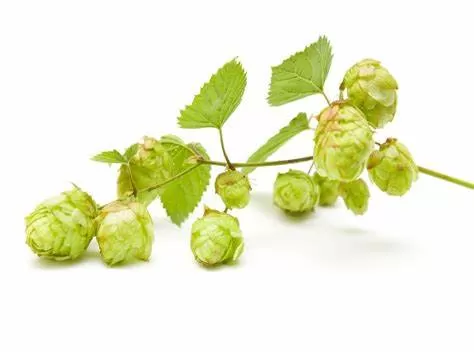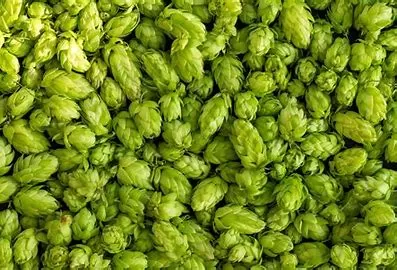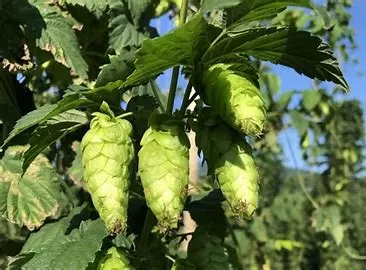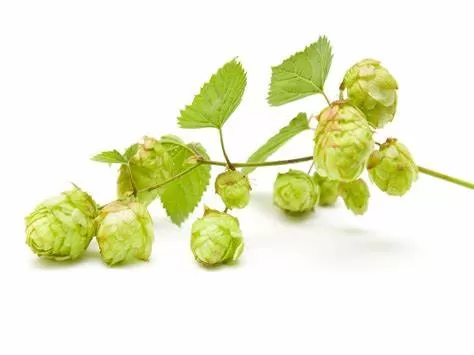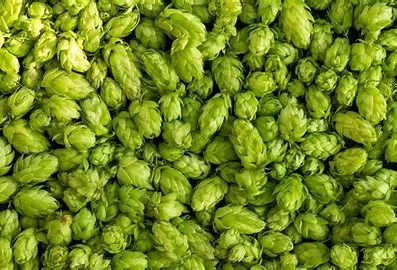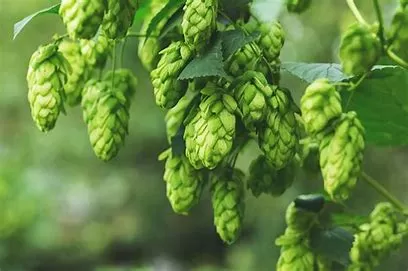- 0086-571-85302990
- sales@greenskybio.com
Main Purpose of Hops: Beyond Beer Brewing
2025-04-02
Hops, the female flower clusters of the Humulus lupulus plant, are most famously known for their crucial role in brewing beer. Yet, their uses and purposes extend far beyond adding bitterness, flavor, and aroma to beer. With a rich history dating back centuries, hops have served various roles in different fields, from traditional medicine to modern pharmacology. This article explores the main purpose of hops, examining their diverse applications and benefits in contemporary and historical contexts.
The Role of Hops in Brewing
The primary association of hops is with brewing, where they serve several essential functions. The introduction of hops to the brewing process revolutionized beer production, beginning in medieval Europe. Before hops became prevalent, brewers used a variety of herbs and spices to flavor beer. However, the antibacterial properties of hops not only enhanced the flavor but also improved beer preservation, reducing spoilage during fermentation and storage.
1. Adding Bitterness: The most recognized function of hops in beer is to provide bitterness, which balances the sweetness of malt. This bitterness arises from the alpha acids present in hop cones, which are released during the boiling stage of brewing. Different hop varieties offer varying levels of alpha acids, allowing brewers to control the degree of bitterness to suit different beer styles.
2. Enhancing Aroma and Flavor: Apart from bitterness, hops contribute to the aroma and flavor profile of beer, offering floral, citrus, pine, or herbal notes. These characteristics are primarily derived from the essential oils in hops, such as myrcene, humulene, and caryophyllene. By altering hop types and brewing techniques, brewers can craft a wide variety of beers, ranging from crisp lagers to aromatic ales.
3. Preservation: Beyond flavor, hops have preservative qualities. Their naturally occurring acids possess antimicrobial properties that inhibit the growth of certain bacteria and fungi in beer, thus extending its shelf life. This characteristic proved advantageous in historical brewing, especially during long voyages where beer quality needed to be maintained.
Hops in Health and Medicine
While hops are celebrated for their role in brewing, they have also been used for their medicinal properties. Traditional practices across Europe have leveraged hops for various health-related purposes. These applications have continued to evolve with modern research supporting some of these historical uses.
1. Sedative and Relaxant: Hops have long been recognized for their mild sedative effects. Historically, people used hop pillows—small sacks filled with dried hops—to promote sleep and alleviate insomnia. Scientific studies have since identified compounds such as 2-methyl-3-buten-2-ol and humulone in hops that exhibit sedative properties, potentially aiding in stress reduction and sleep improvement.
2. Digestive Aid: Traditional medicine has employed hops as a digestive aid. The bitter compounds in hops can stimulate appetite and promote digestion, making them a common ingredient in bitters and digestive tonics. While more research is needed, these properties may contribute to easing symptoms of indigestion and promoting gastrointestinal health.
3. Anti-inflammatory and Antioxidant Effects: Hops contain compounds with anti-inflammatory and antioxidant properties, such as xanthohumol and lupulone. These compounds are being studied for their potential to combat oxidative stress and inflammation, which are linked to various chronic diseases. Though promising, further clinical research is essential to confirm these benefits.
Hops in Culinary and Household Applications
Despite their strong connection to beer, hops have found their way into culinary and household uses. Their unique flavor profile can be explored in cooking, while their aromatic qualities offer additional applications.
1. Culinary Uses: Hops are not just for brewing—they also serve as a flavorful ingredient in culinary dishes. Young hop shoots, similar to asparagus, are edible and sought after as a seasonal delicacy in certain regions. Their distinctive bitterness can enhance soups, salads, and sautés, providing a unique twist to traditional recipes.
2. Aromatherapy and Personal Care: The aromatic and soothing properties of hops are utilized in various personal care products, including shampoos, soaps, and lotions. Their calming scent may also contribute to aromatherapy practices, fostering relaxation and tranquility in home and spa environments.
3. Natural Pest Repellent: Beyond personal and culinary uses, hops can function as a natural pest repellent in gardens. Their strong aroma deters certain garden pests, and hop extracts are used in organic pest control formulations as an alternative to synthetic chemicals.
Conclusion
While hops are most commonly associated with the brewing industry, their role extends beyond creating the perfect pint. From medicinal and culinary uses to innovations in natural pest control, hops have demonstrated their versatility through history and into modern times. Understanding the diverse applications of hops enriches our appreciation of this remarkable plant, showcasing its importance not only to beer lovers but also to those seeking natural solutions in health and everyday life. As research continues to uncover new benefits, hops may further reveal their potential across an even broader spectrum of industries and disciplines.
-
Are Hops Good for Your Liver?
2025-04-02
-
What does hops do to the brain?
2025-04-02
-
Does hops boost testosterone?
2025-04-02
-
Does Hops Extract Make You Sleepy?
2025-04-02
-
What Do Hops Do for the Body?
2025-04-02





